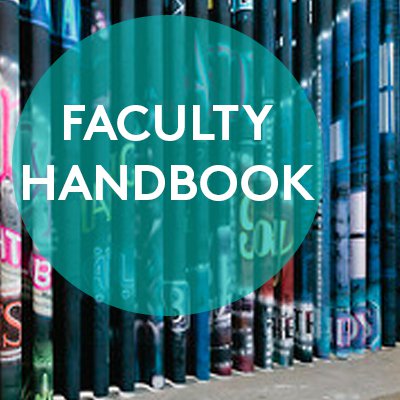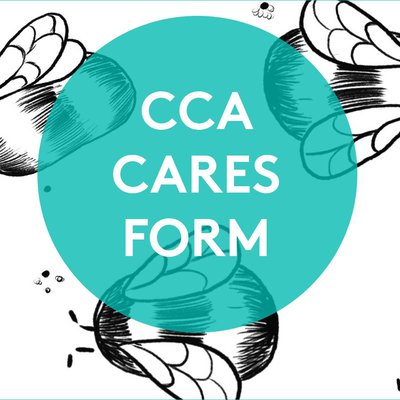Disruptive Behavior
Managing Disruptive Behavior in the Classroom
Disruptive student behavior is, specifically, behavior that disrupts the faculty member or class, and may include sleeping during class, repetitive interruptions to lectures, disrespectful comments or attitude.
The involvement of the Student Affairs Office is warranted in some cases (see below), but disruptive behavior is not necessarily a student code-of-conduct violation. Therefore, it is always incumbent upon faculty to prevent and address all disruptive behavior.
How can faculty and the Office of Academic Affairs help prevent disruptive student behavior?
- Faculty members should articulate behavioral expectations and guidelines within their syllabus.
- Faculty should address issues before they escalate; faculty members set “unwritten rules” through what they do or do not tolerate.
- Program chairs should post guidelines indicating appropriate behavior/conduct in the studio.
- Academic Affairs will offer faculty workshops that address classroom management and how to deal with disruptive students.
What should faculty do about disruptive students?
- Faculty cannot expel or withdraw a student from a course. However, faculty can demand a disruptive student leave a particular class session for not abiding by the course syllabus guidelines regarding participation and appropriate behavior.
- All faculty members should seek advice from their respective program chair regarding managing the classroom and how to deal with disruptive students.
If a student continues to be disruptive, the faculty member should:
- Talk to the student privately, inform them of the inappropriate behavior, ask that it stop, and follow up in writing.
- Inform the program chair of the situation and seek that person's advice.
- If the behavior continues, the chair, director, or associate provost can be called upon to mediate a discussion between the faculty member and student.
- If all else fails (and the disruptions have not risen to the level of code-of-conduct issue), the student can continually be removed from class session for disruption and, ultimately, fail the course due to absences.
In each of the above scenarios, be sure to document all conversations, interventions/mediations, and retain email correspondence, etc.
How can Student Affairs help if the students may be violating the code of conduct?
The student code of conduct exists in the Student Handbook. Violations of the code of conduct may include the following:
- interference with, obstruction of, or disruption of the teaching or learning process, administration, or any other authorized college activity
- causing injury or physical harm to or abusing any member or guest of the college community
- acts or threats of intimidation
- drug use
Disciplinary procedures for code-of-conduct violations can take time, and may not be an immediate solution to a classroom problem.
When an incident rises to the level of possible conduct violation, a faculty member should first seek advice from the program chair, and then contact Dean of Students Jeannine Szamreta at jszamreta@cca.edu or 415.703.9509.
How can Student Affairs help if a student may need to be immediately pulled out of a course?
If evidence exists that disruptive behavior may be caused by mental health issues, the college may be able to immediately remove the student.
Call CCA's mental health crisis hotline: 415.551.9344.
If necessary, they will contact the Senior Student Affairs Officer on call.
If the student is harassing another student based on gender or other protected status, contact the Office of the Dean of Students at deanofstudents@cca.edu.
If the student is harassing the faculty member, contact Senior Director of Faculty Affairs & Records Em Meine at emeine@cca.edu or 415.551.9348.
If imminent danger exists that a student may be a threat to him- or herself or others, contact:
Public Safety at 415.705.9510.
Call 9-1-1 (via cell: 415.553.8090).
Be certain to follow up with the Office of the Dean of Students by filling out a CCA Cares form.
Related Resources for Faculty
CCA Counseling & Psychological Services (CAPS) offers confidential consultations to CCA faculty and staff members. Faculty members who wish to seek consultation may reach out to CAPS at 415.551.9267.
If you feel the student in question poses an imminent threat to the safety of self or others, please refer to the Academic Affairs Imminent Danger Protocol.


